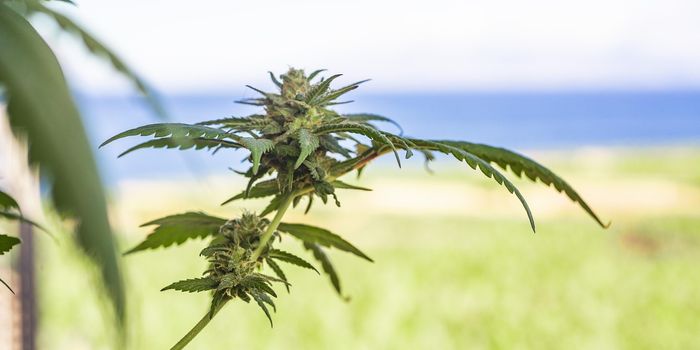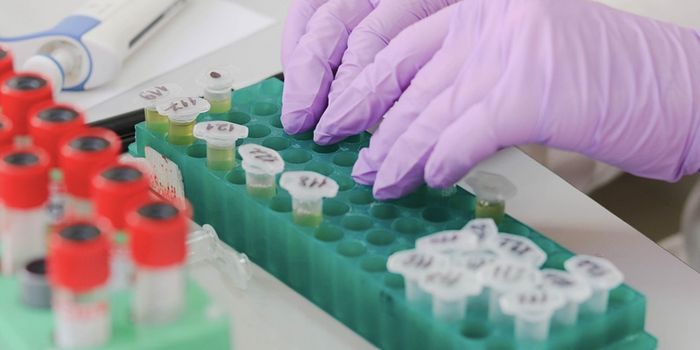Over time humans evolved alongside a beneficial microbial community, called the
microbiome. In return for a place to live, these microbiota help regulate digestion in the gut, compete with harmful pathogens for nutrients, and boost the immune system. In a recent study from the Icahn School of Medicine at Mount Sinai, scientists identified yet another role the microbiome plays in keeping their human hosts healthy.
Immunoglobulin A (IgA), a type of antibody, is produced by B lymphocytes of the immune system and congregates primarily in the inner lining of the mucosa in the intestines and lungs. In a new study published in the
Journal of Experimental Medicine, Icahn School of Medicine scientists identified a link between IgA and the microbiome.
Using mouse models to isolate dendritic cells, the research team cultured the cells with immunoglobulin-producing B lymphocytes for 4-5 days. Dendritic cell work with lymphocytes upon infection, displaying antigens for them to recognize (
The Rockefeller University).
The team saw the B lymphocytes produced IgA after growth, representing a process called IgA class switch recombination where B lymphocytes “acquire the expression of IgA” (
Nature Reviews Immunology). However, upon observation mice without a healthy microbiome due to antibiotic treatment had a severely reduced population of IgA. These same mice experienced a surge of IgA production when fed lipopolysaccharide, a component of the bacterial cell wall that the immune system recognizes as pathogenic.
Without a population of beneficial bacteria to stimulate antibody creation, these “germ free” mice had no IgA to protect them.
These observations are further evidence of overuse and misuse of antibiotics in medicine and food production negatively impacting the natural balance of the cells in our body, both foreign (microbiome) and our own. Low levels of IgA could also be a factor in increasing prevalence of asthma and other allergies in regions where antibiotic use is rampant.
There is no telling what other roles the microbiome plays in regulating human health. More consequences of dysbiosis, a microbial imbalance, are sure to appear though, if antibiotic use continues without regulation.
Source:
Icahn School of Medicine









